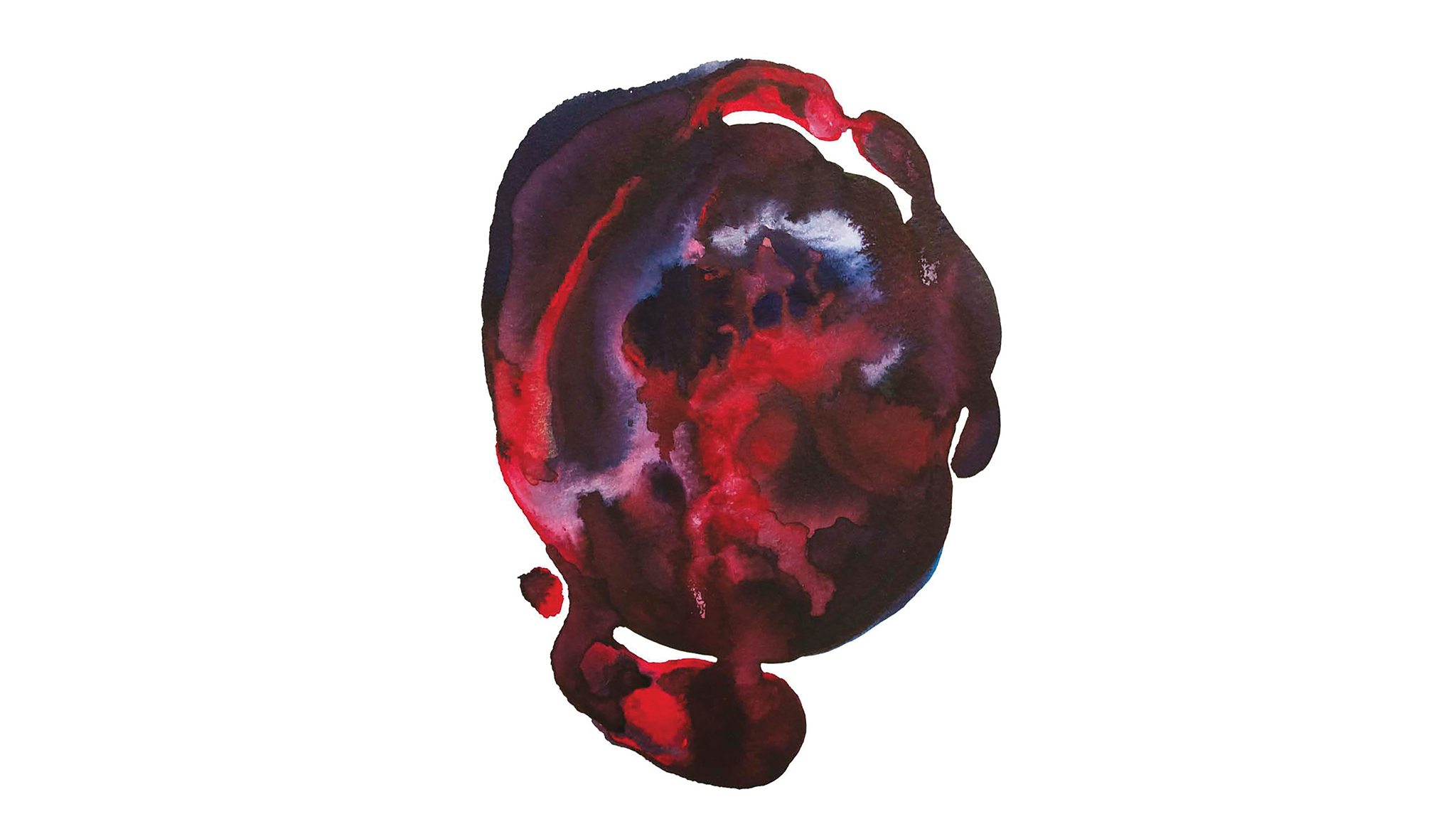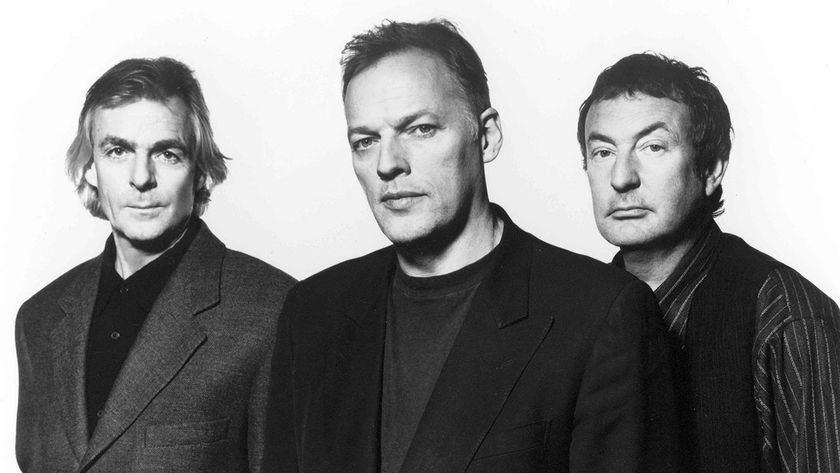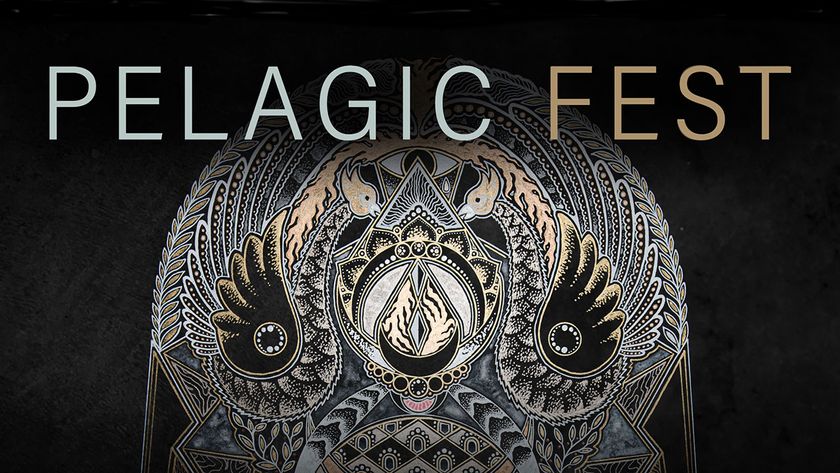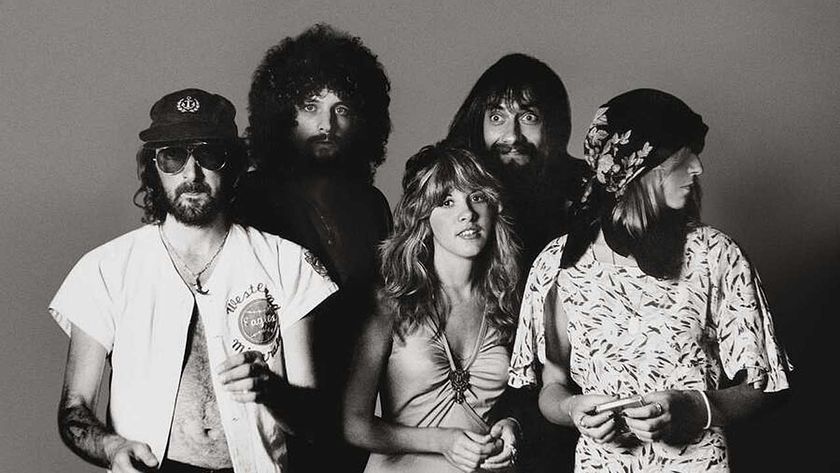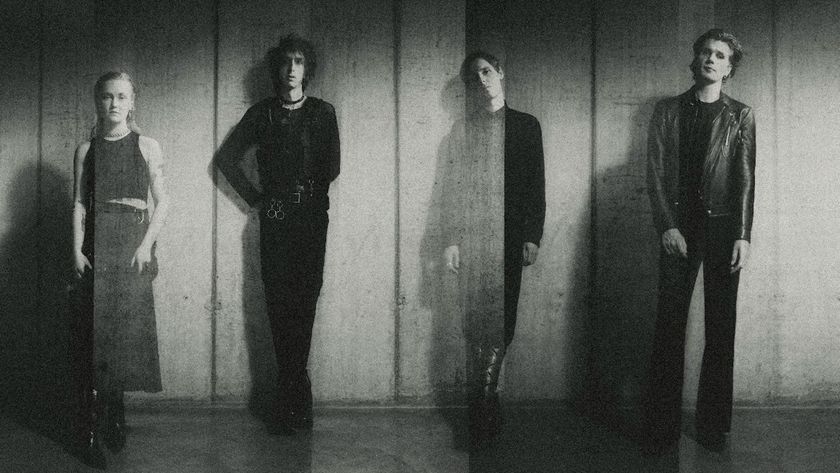It’s a thrill to watch Messenger’s stealthy ascent to rock’s top table.
Back in 2014 we enthused about Illusory Blues, their excellent debut that gave a modern slant on the halcyon days of psych, folk and prog, and proudly wore its epic pretensions on its well-embroidered sleeve. Readers voted them our Limelight prize at the third Prog Awards that year, and since then they’ve played club gigs, joined the bill of festivals including last year’s Ramblin’ Man Fair, and will hit the Stone Free Festival in June. No pressure on them for the follow-up, then…
Rather than regurgitate the tropes that made their debut so strong, Threnodies sees them develop their style to such an extent that Illusory Blues almost sounds formative by comparison. In the interim, they’ve filtered and refined themselves, shedding some genre adornments and amping up their direct rock element. This makes for an album that is, contrary to its title, utterly life-affirming.
Opener Calyx swoops in almost out of nowhere. ‘Wake me from this sleep,’ sings Khaled Lowe, his high head voice echoing across the netherworld. ‘There’s no colour to my dreams.’
In the pre-chorus he even makes a catchy chant of ‘Divine momentary timelessness and infinite archaic memories.’ Jaime Gomez Arellano’s supple drums veer from blunted snare hits to mammoth beats in the chorus, with Lowe going for and from the throat, before the song morphs into a dramatic instrumental section that Radiohead might have mustered at their peak. Barnaby Maddick’s wracked, warped guitar tones lead into a feedback-drenched comedown that has you breathless.
A spellbinding album. Before our eyes a good band is becoming a great one.
With its heavy, distorted riff and swung rock rhythm, defiant tirade Oracles Of War is Illusory’s Midnight on steroids. A hint of Roger Waters at his most charged here – ‘Your leaders speak of good intent, but their desires pave the road to hell’ – and the whopping line ‘Autonomous clones assemble circumvolve anthropomorphic oscillations’ would make Neil Peart or Jon Anderson blush (it works far better on record than on paper). The song’s main guitar hook calls to mind peak-era Deep Purple, no less, and the lyrical solo that sees it out is achingly mournful. A threnody for peace itself, perhaps?
Few tunes emphasise Messenger’s trademark ‘modern vintage’ production approach as well as Balearic Blue, which rolls into a 6⁄8 rhythm and arpeggiated guitars, its oblique chords painted by gently chiming guitar harmonics and Dan Knight’s ever-protean keys. Here, as across the album, a sparse, beautifully judged string arrangement adds gravitas to the polemic. Without a whiff of pastiche, there’s an echo of Dark Side-era Floyd here, with Lowe’s melody notably evoking Gilmour on Breathe at one point. James Leach’s opening bass riff to Celestial Spheres is very One Of These Days, with Doors-like electric piano splashing down on it like rain. From there it veers into prog territory, with a syncopated verse, Hammond swells, legato guitar lines and impassioned melody elaborated through twists in tone and time.
Nocturne is replete with hummable melodies. Its strummed acoustic guitar, viola and cello ascend to a big, harmony-rich chorus (‘Show us more/All that’s left to be revealed’), and a ragged axe countermelody finally edges it into its own gloomy, reverberating abyss. Calling to mind The Return from their debut, Pareidolia comes tooled up with a twist on a conventional rock refrain that you might find on a Rival Sons record (no bad thing), but its protracted mid-song breakdown – plangent 12-strings over ominous synth – is bathed in the reflected light of their 70 prog-genitors.
A West Coast sun warms the gloriously languid closer Crown Of Ashes. There are hints of Led Zeppelin in the thick, melancholic tones of the twin-guitar intro. Insistent arpeggios and portentous strings underpin a chorus railing against indoctrination: ‘Somewhere in time hangs a portrait of you,’ Lowe sings. ‘Your eyes still alive with a fire and a smile that endures.’ It’s ethereal, poetic, and over too soon.
Gone are the debut’s affectations (the Mellotrons, the on-the-nose globalista rock of Let The Light In). Here in spades are their vintage modern sound, those skilful, emotive compositions and, for sure, a more strident gait. Messenger draw on classic rock but their music’s sheer drama, cosmic scope and spiritual depth place them firmly on the prog plane. By turns seductively gentle and sledgehammer urgent, overwhelmingly heartbreaking and unbearably exciting, Threnodies is a spellbinding album. Before our eyes, a good band is becoming a great one.
